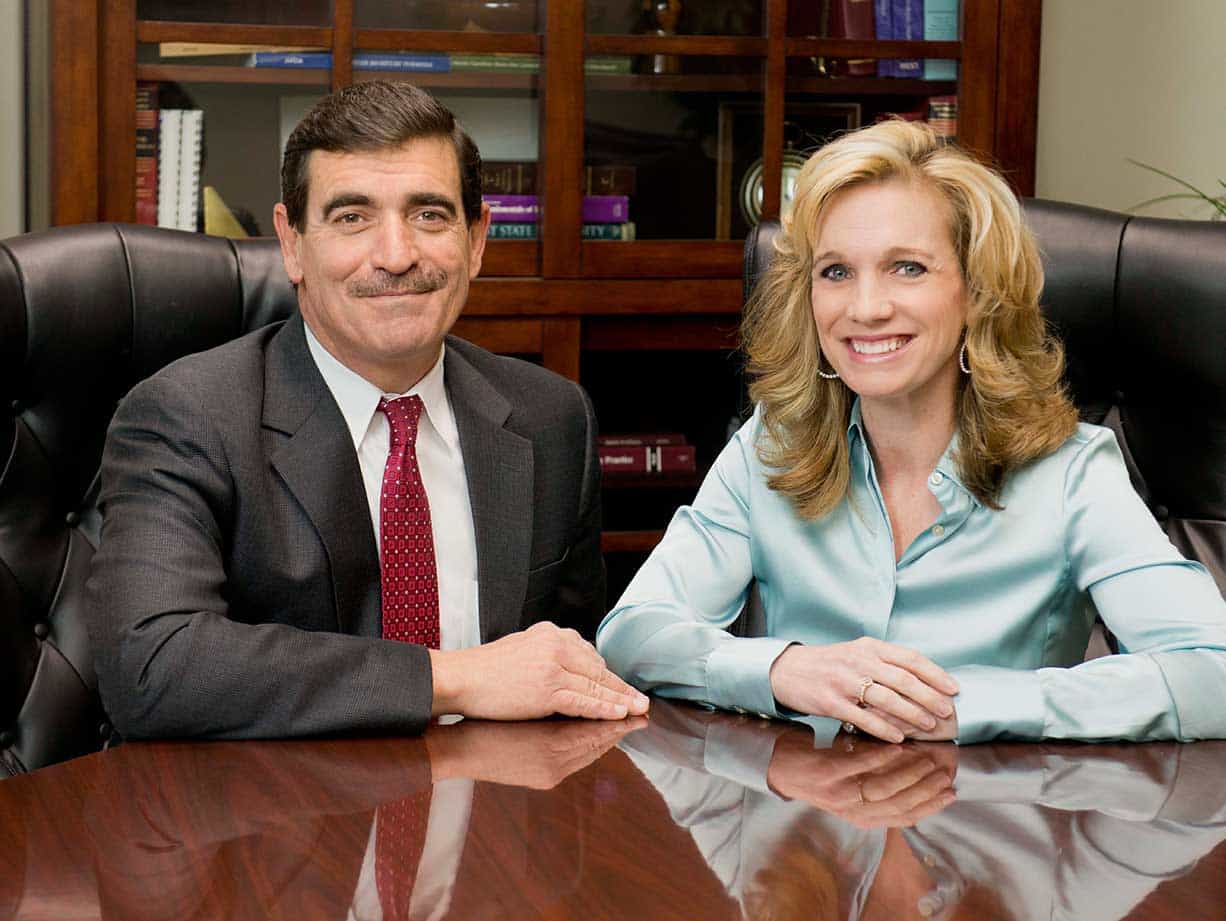If you’re still recovering from injuries you suffered in a crash, you may not be looking forward to the day when you’re healed enough to get behind the wheel again. That’s perfectly normal. Even people who escape collisions with no physical injuries can experience crippling anxiety at the thought of getting back on the road.
While it’s best not to push yourself to get in the driver’s seat if you don’t feel you’re emotionally ready, you also shouldn’t wait too long past the time when you’re physically able to safely drive again. That’s only going to increase the anxiety. The longer you wait, the rustier your driving skills will be.
Some tips for getting back on the road
Have another driver along with you in the passenger seat on that first outing or two. Just having a trusted person next to you can lower your stress level. They can also take over if necessary.
Try to keep your first drives short and easy. Stick to your neighborhood streets. Don’t get on busy roads or highways or drive during busy periods until you feel comfortable. Don’t go out of your way to avoid the site of your crash, though. The longer we avoid things we fear, the more power they tend to have over us.
Consider a driver’s ed refresher course. Having a professional with you can help ease anxiety. You’ll also learn (or relearn) some important safety tips that can help you better avoid reckless, negligent drivers.
Look after your mental health
If you haven’t already, take the time to talk about the crash or even write about it, focusing on the fact that you survived. Mental health experts say this helps people process what happened. It may even help to see a therapist if the aftermath of the crash is intruding on your thoughts and your normal activities.
If your crash was caused by another driver, be sure you get the compensation to which you’re entitled to cover expenses and damages – including psychological treatment if necessary. Taking the steps to recover that compensation can help empower you to move forward. An experienced attorney can help.


